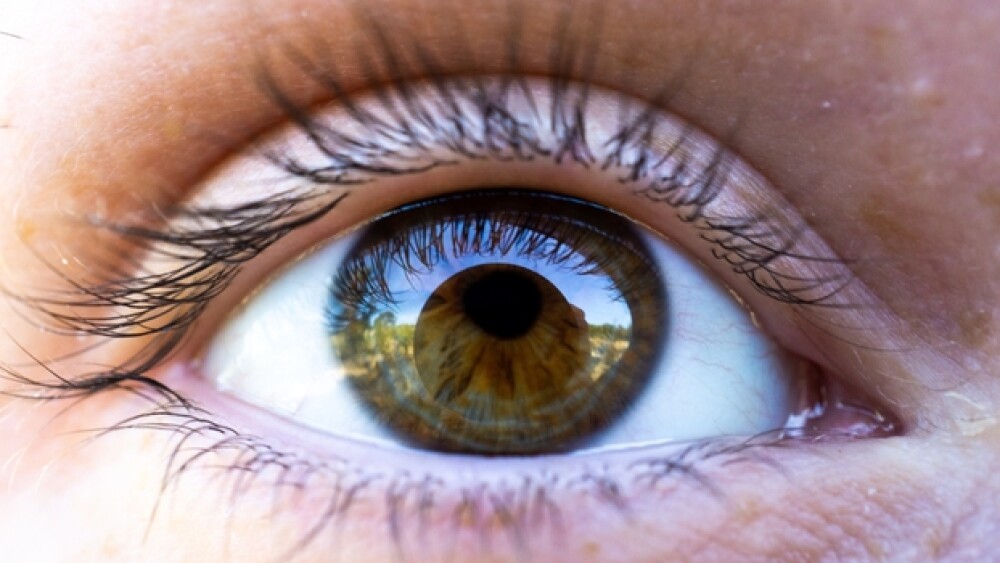EyePoint Pharmaceuticals announced positive topline 36-month follow-up data from the second Phase III trial of Yutiq (fluocinolone acetonide intravitreal implant) for treatment of chronic non-infectious uveitis affecting the posterior segment of the eye.
EyePoint Pharmaceuticals, based in Watertown, Massachusetts, announced positive topline 36-month follow-up data from the second Phase III trial of Yutiq (fluocinolone acetonide intravitreal implant) for treatment of chronic non-infectious uveitis affecting the posterior segment of the eye.
Yutiq was approved by the U.S. Food and Drug Administration (FDA) on October 12, 2018 for this indication. Non-infectious posterior segment uveitis is an inflammatory disease affecting the rear section of the eye, often involving the retina. It affects all ages and results in swelling that destroys eye tissues, which can lead to severe vision loss and blindness. It affects between 55,000 and 120,000 people in the U.S., causing about 30,000 cases of blindness.
“The durable 36-month follow-up data from the second Phase III trial of Yutiq highlight its long-term ability to reduce uveitic flares, consistent with the findings from the first Phase III trial,” said Thomas Albini, Professor of Clinical Ophthalmology at Bascom Palmer Eye Institute in Miami, Florida.
Albini went on to say, “Reduction of uveitic flares is a key component in the treatment of this devastating disease leading to progressive vision loss and blindness, thus the recurrence rate of 46.5% at 36-months is compelling.”
There were no unanticipated side effects at the 12, 24 and 36-month periods. The efficacy and safety data, as well as the fact it is a one-time dosing drug, should position the drug as a good alternative to standard treatment, which is typically local steroid injections or systemic steroids, which have limited duration of effect and can develop serious side effects. Once that happens, patients are usually shifted to systemic immune suppressants or biologics, which have severe side effects including increased risk of cancer.
The company recently made several deals. On February 18, EyePoint entered into a purchase agreement with Vision Center Network of America for Dexycu (dexamethasone intraocular suspension) for Vision Center’s network of nine surgery centers in New York and New Jersey. This will allow VCNA doctors to use Dexycu in their surgical protocols for ocular inflammation associated with cataract surgery.
On February 3, EyePoint signed an exclusive license deal with Equinox Science to develop vorolanib, a tyrosine kinase inhibitor for wet age-related macular degeneration (wAMD), diabetic retinopathy (DR) and retinal vein occlusion (RVO). Voralanib is being developed as EYP-1901 using EyePoint’s bioerodible Durasert technology, a miniaturized, injectable, sustained-release intravitreal drug delivery system with a six-month duration.
Under the deal, EyePoint paid Equinox $1 million and will pay developmental and regulatory milestones and post-commercialization royalties.
Of today’s announcement, Nancy Lurker, president and chief executive officer of EyePoint said, “We continue to believe Yutiq is a differentiated treatment option compared to existing therapies because of its highly efficacious and solid safety profile, coupled with its convenient, single administration and long-term consistent dosing of drug. The 36-month results provide additional support in its long-acting potential, a characteristic consistently regarded by treating physicians as a critical treatment advantage. Our commercial efforts are yielding increased reception and adoption from uveitis specialists across the U.S., as well as positive patient feedback on the Yutiq product profile.”





